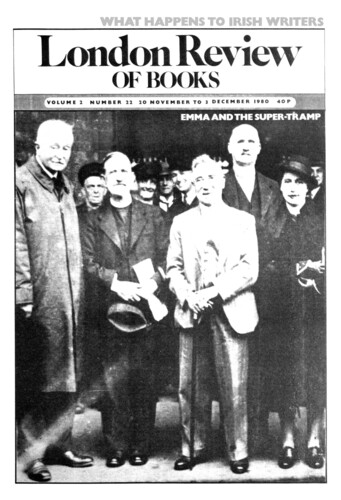Sartre
Pierre Bourdieu, 20 November 1980
‘Sartre has undoubtedly dominated his generation and had no successor.’ This is the verdict on his work in a school text-book, a critical study of post-war French literature, published in the 1970s. It is not for the sociologist to agree or disagree with this verdict; he has to take it for what it is, i.e. an indisputable social fact, and to endeavour to account for it, to make it intelligible. What made Sartre, the (French) intellectual par excellence, possible? What were the enabling conditions for this total intellectual, active on every front, as philosopher, critic, novelist and dramatist? These are typically anti-Sartrian questions. Sartre, who created the intellectual as an uncreated creator, never ceased, in the many self-analyses and self-critiques he produced throughout his career, to assert his capacity for exhaustive knowledge of his own truth, as an individual and as an intellectual. In so doing, he ruled out in advance, as reductive, any attempt to circumscribe the uncircumscribable, to classify the unclassifiable.

